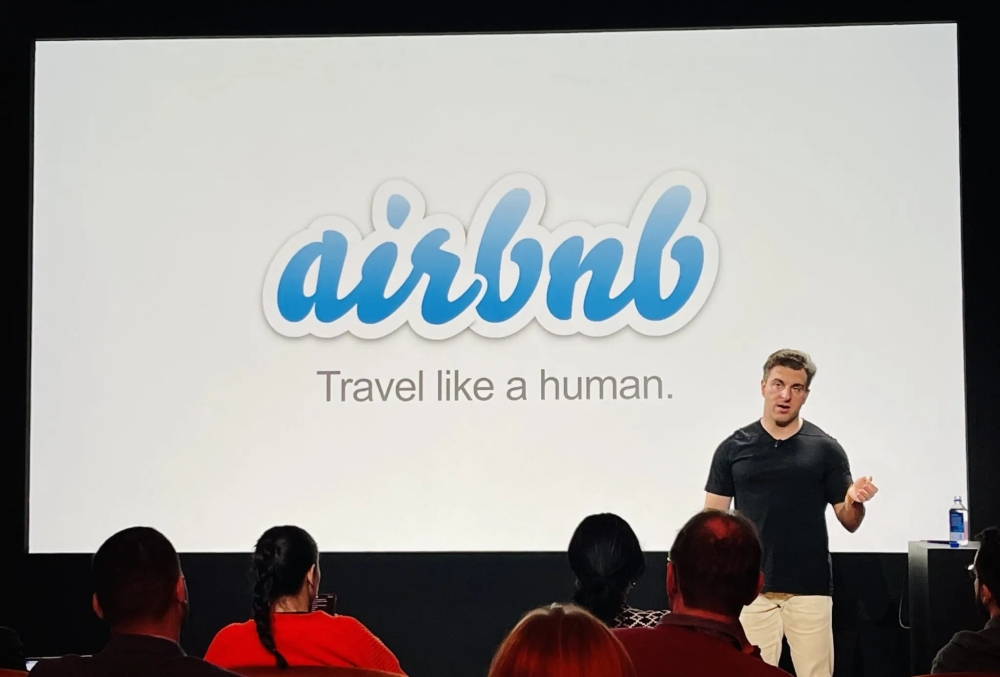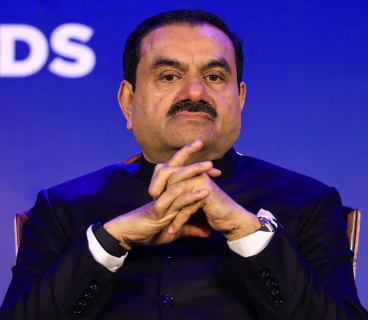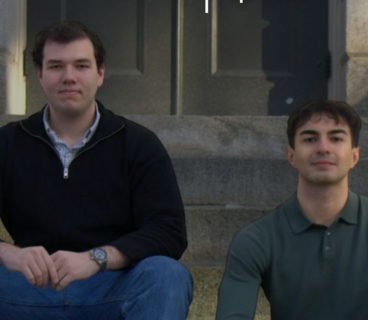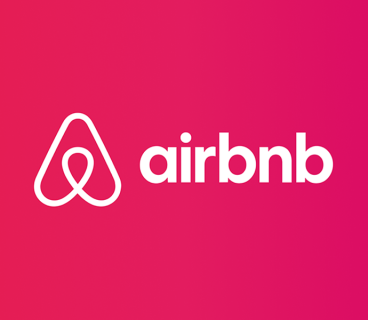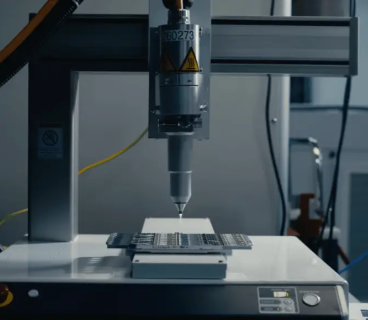Despite the rapid development of artificial intelligence, Airbnb CEO Brian Chesky predicts that the human element will remain central in the tourism sector for the next 5–10 years.
According to Chesky, people still prefer their trips and services to be organized by humans rather than robots. For example, experiences such as wine-tasting tours in Bordeaux or trips to Lake Como require personalized attention for customers. He believes that robots are not yet capable of providing such services and cannot meet customer expectations.
However, Chesky expects the future to be different for some professions. He notes that the widespread adoption of autonomous (driverless) taxis could eliminate driving jobs, forcing drivers to “find other work.” This, in his view, shows that AI can replace jobs in certain areas.
Chesky hopes that if AI-driven changes result in the disappearance of many professions, Airbnb can become a platform where people develop new skills and grow. This aligns with the company’s plans to expand beyond traditional tourism services into broader service areas.
As part of this strategy, Airbnb launched a new section called “Airbnb Services” in the spring of 2025. It currently offers services in 10 different categories, including chefs, photographers, cosmetologists, and personal trainers. The company charges partners a service fee of 15% of the order value for each booked service.

